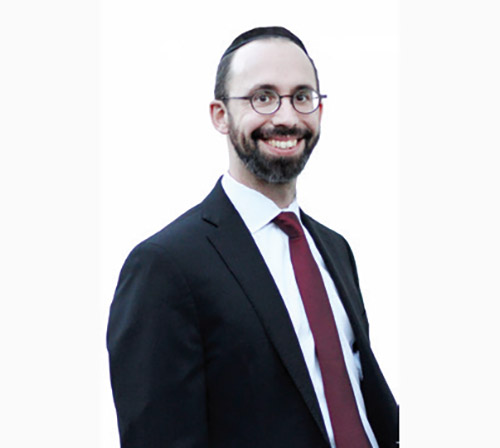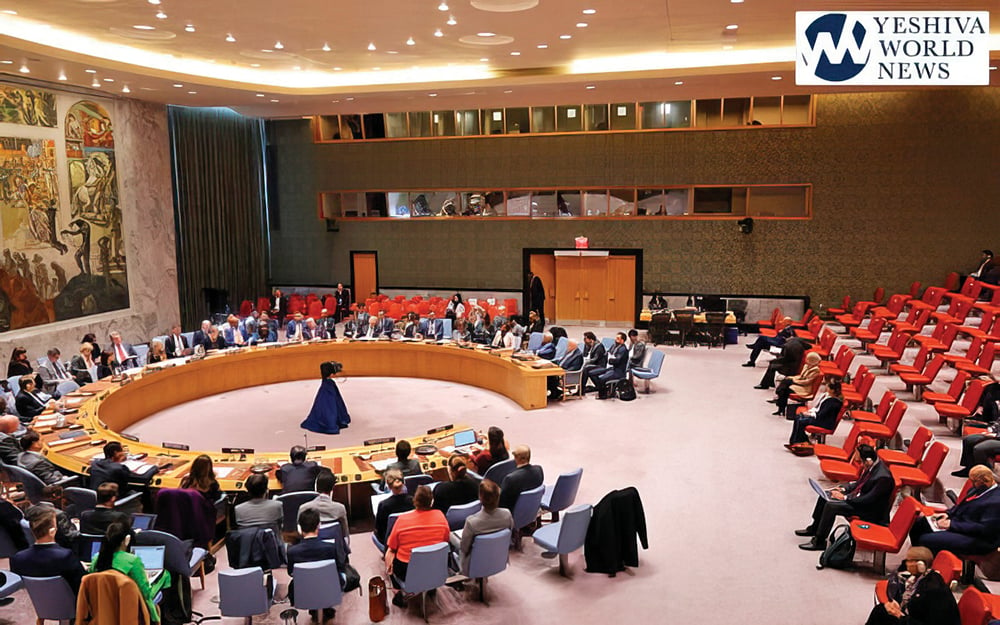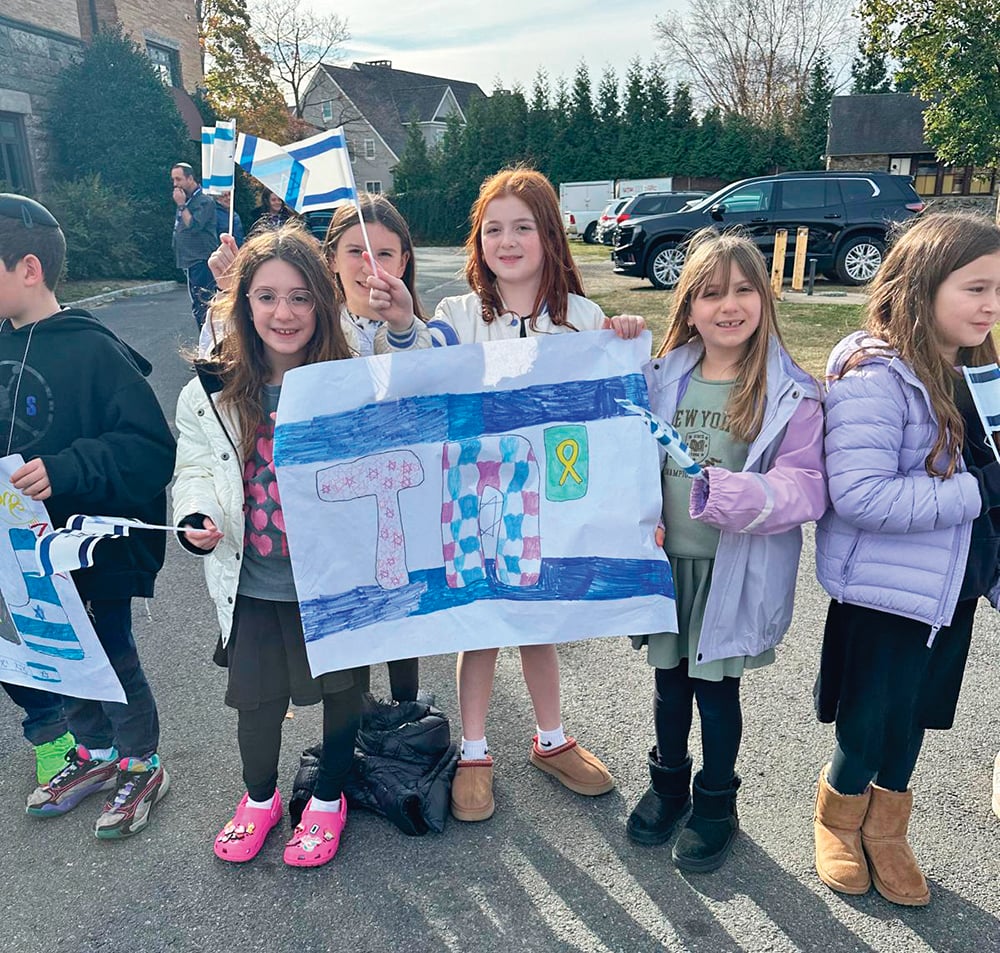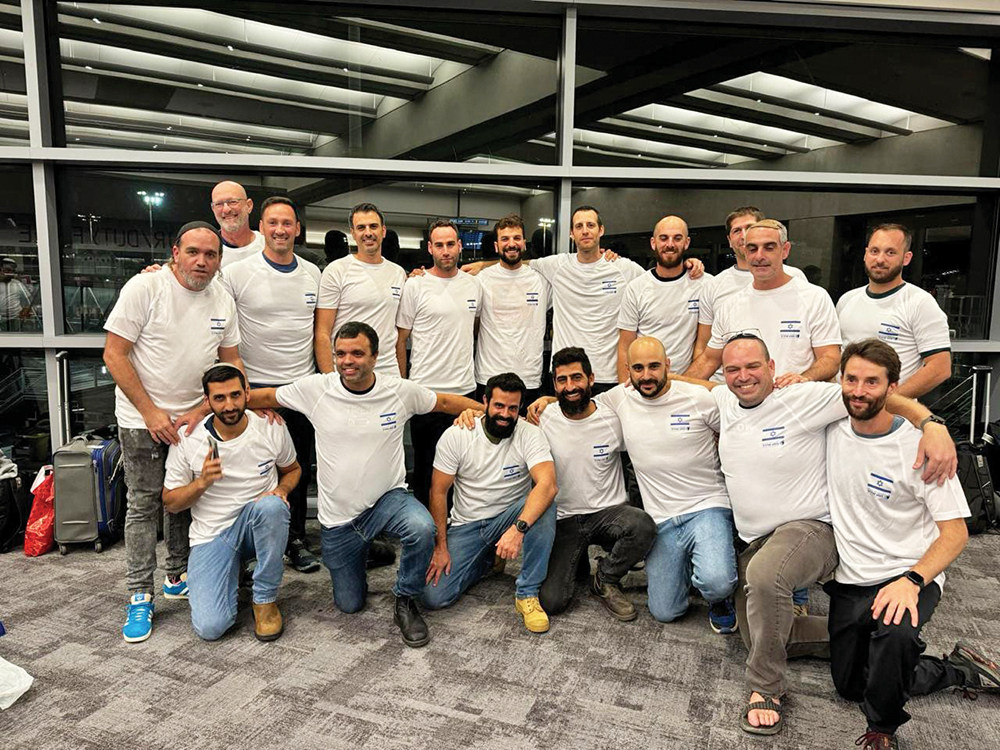
Last year on Erev Sukkos I found myself in the kosher supermarket like many others getting their last-minute items for the upcoming Yom Tov. My wife had asked me to purchase toasted pine nuts for a new recipe she was making for Yom Tov. I’m not new to kosher shopping, but I had to admit I didn’t know where to look. Would they be in the nuts section or in the baking section? I looked first in the nuts section, then I looked in the baking section—no pine nuts. I asked one of the workers, but just got a blank look. Two other workers also had no clue. I retraced my steps, and still found nothing. Time was running out on me, as I had to get back very soon to bring someone to an urgent doctor’s appointment.
I did not want to disappoint my wife and return home empty-handed. I looked up and said, “Hashem, please help me. I need to get out of here now. Please help me find these pine nuts.” A few seconds later, one of the workers came up to me and said, “Mister, I found your pine nuts!” “Wow,” I said quietly. “Thank You, Hashem, for answering my prayer so speedily,” and ran to the checkout counter. We even got to the doctor on time.
The Sfas Emes points out that every Yom Tov helps refine a different aspect of our service to Hashem. On Sukkos we further develop our bitachon, placing our reliance on Hashem. As we leave our secure and comfortable homes to sit in a flimsy hut, we rely on Hashem to protect us from the elements. The Sfas Emes compares this to Avraham leaving his homeland and family at Hashem’s direction, with an unspecified destination, in the test set forth in Lech Lecha. This profound test for Avraham helped develop his total reliance on Hashem. The same can be said of the Bnei Yisrael when they left Mitzrayim (Egypt) without any provisions, placing their full trust in Hashem.
We find different terminologies of reliance in various prayers: bitachon, trust, and chus, providing protection. The Vilna Gaon explains that these terminologies correspond to different levels of placing our trust in Hashem. bitachon implies putting faith in Hashem to deliver what He promised and guaranteed. However, chus implies placing reliance on Hashem even when there is no good reason for Hashem to help. In our Tachanun prayer we use different terminologies to implore Hashem for mercy. We ask for rachem—compassion—and we ask for chen—grace. Those terms are generally used in describing special qualities of a person that might merit reward. But when the term “chus” is used in appealing to Hashem, compassion or mercy is not merited—it is used only when a person is placing his trust in Hashem’s benevolence.
On Sukkos we are taking our trust in Hashem to the level of chus, for there are no promises of Hashem’s aid in our observing the holiday by spending time in the sukkah. When Avraham left his birthplace he developed his bitachon to an extent, but Hashem had promised him success on this sojourn. When it came to our leaving Mitzrayim, however, and heading into the vast and empty desert, Hashem never promised to provide for all our needs for the duration of the trip. The Bnei Yisrael placed their total reliance on Hashem to provide for them.
Similarly, when we leave our homes to sit in the sukkah, we are fulfilling a mitzvah, but the presumption that the sukkah will protect us is not guaranteed by Hashem. We are doing it anyway, because our observance is an expression of the quality of our relationship with the Almighty. I believe this explains a strange supplication we add throughout Sukkos in the recitation of Hoshanos. Why do we entreat Hashem each day of Sukkos with the prayer of Hoshana—please save us!? It’s because even though we beseech Hashem for a favorable decree for the coming year, we know we don’t really deserve His help based on a strict scale of justice. To put it in American judicial terms, we are throwing ourselves on the mercy of the court.
Just as Hashem heard my trifling plea to find the toasted pine nuts, we ask Hashem to listen to all our pleas throughout the year, as we place our full trust in Him.
By Rabbi Baruch Bodenheim
Rabbi Baruch Bodenheim is the associate rosh yeshiva of Passaic Torah Institute (PTI)/Yeshiva Ner Boruch. PTI has attracted people from all over northern New Jersey, including Teaneck, Paramus, Rockaway and Fair Lawn. He initiated and continues to lead a multi-level Gemara-learning program. Recently he has spread out beyond PTI to begin a weekly beis medrash program with in-depth chavrusa learning in Livingston, Springfield, and Fort Lee. His email is [email protected].












